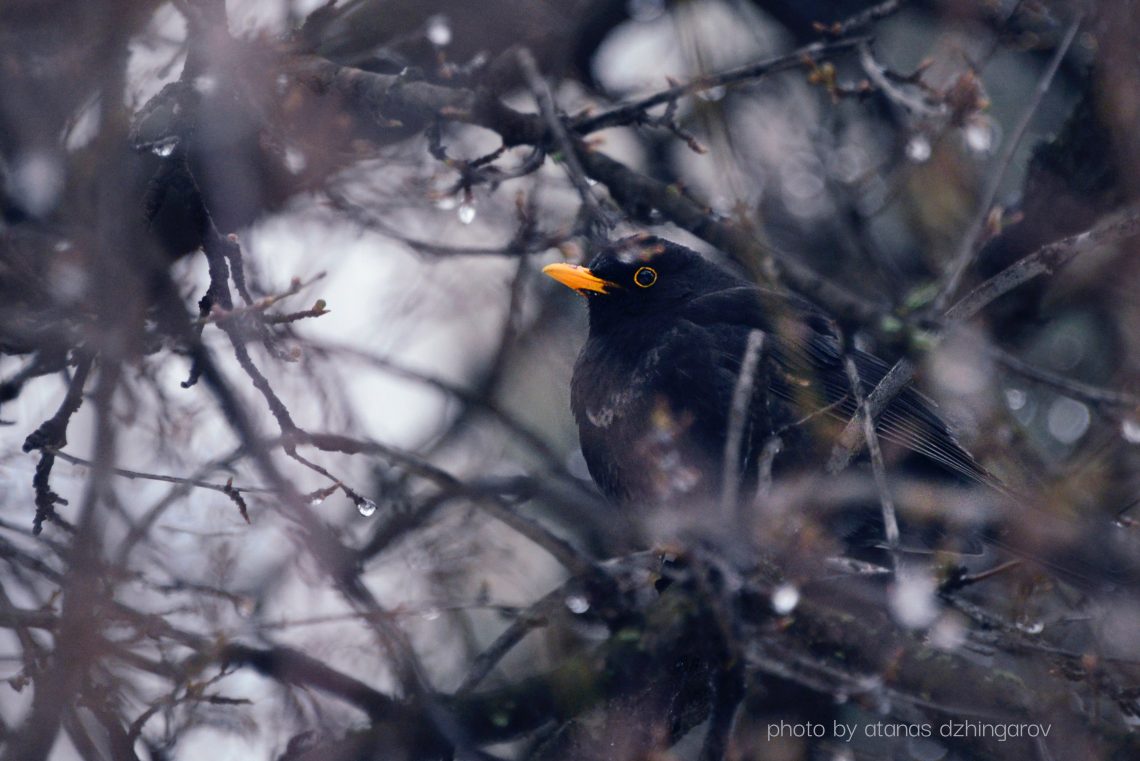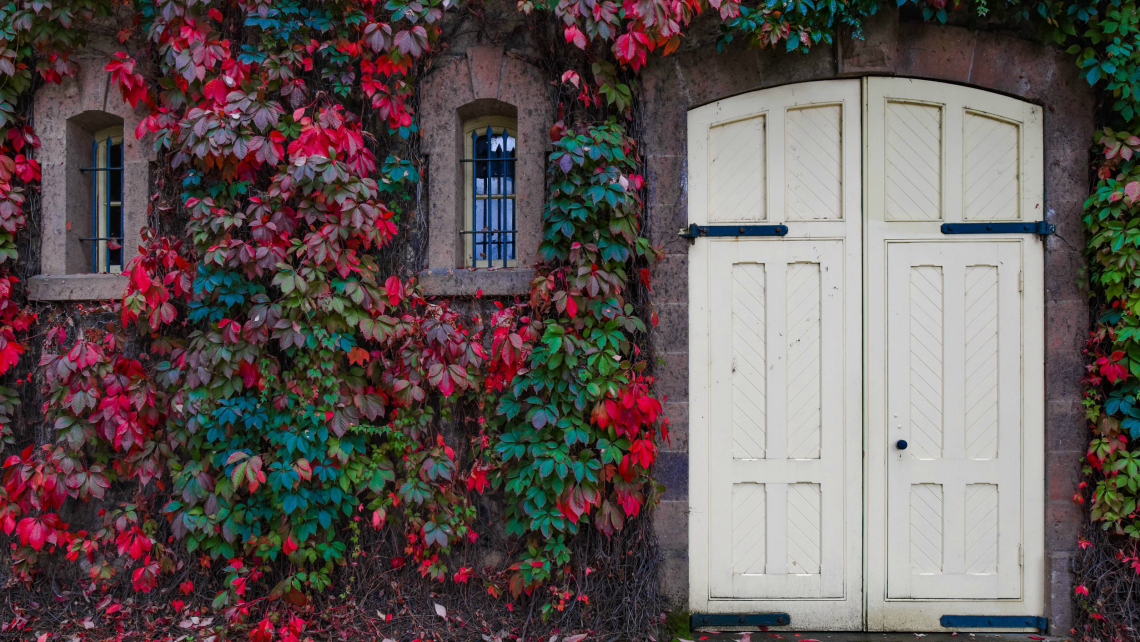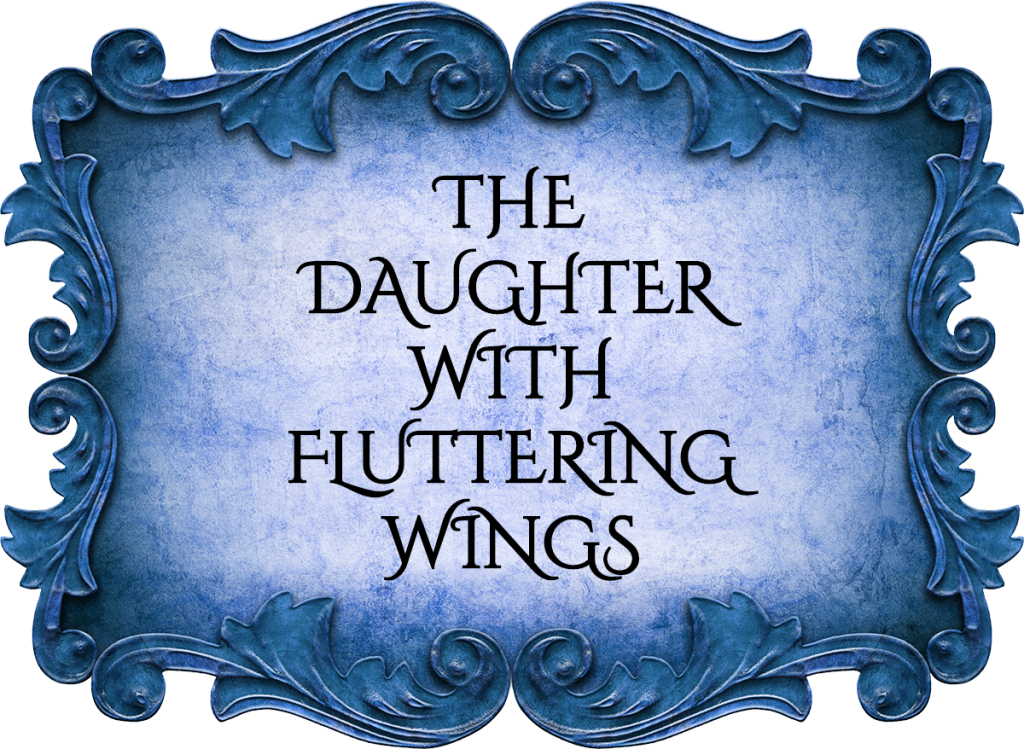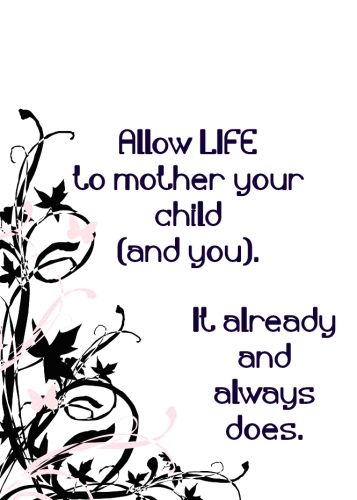-
The Woman Who Grew Labyrinths, a fairy tale for enlightenment
Grasses rustle and whisper secrets of what women will do for this world. Follow the crone as she walks in meadows, trailing words to encourage tiny creatures to come out and play. Stay close. For the crone will tell a tiny tale, meant to open our hearts and minds and make of us dragon butterflies.
Find what meaning you will.

A PEASANT WOMAN PREFERRED ROAMING MEADOWS TO DOING WHAT NEEDED TO BE DONE.
Villagers treated her as they would a leper, for she was of no use to them. But perhaps no trouble, either. For she lived in a house no one else would: Its roof was a dragon’s hide with pointed scales for shingles, and dark smoke belched from its chimney most foul.
The house often leaned as if ready to take flight, its leathery shutters flapping to catch wind. Men waited in fright to see. And there the peasant woman would come, traipsing out her front door with bare feet in sinful manner.
“No man will marry her though she weeps for children,” village women would say. “And rightly so! For what good could come of a woman who roams?” But the merchant’s wife pitied the peasant woman and knocked upon her open door. Once inside, she saw table and floor heaped with seeds.
“The wind carries them through the flapping shutters,” the peasant woman explained as she washed a teacup in haste.
“I meant to befriend you,” whispered the merchant’s wife as she backed to the door. “But this is just too weird.” And she stumbled outside to watching villagers who laughed and cheered.
Shamed, the peasant woman set about to clean, filling her pockets with seeds. She made a bowl of her skirt to gather more, and in fear of more visits dumped them out her back door. There she noticed it was a beautiful day, which as usual she could not resist.
Out she went to roam the meadow, but her pockets hung heavy with seeds. She filled her palms and threw them as she danced with the wind, for she was starting to get a little dragon in her from living in the house.
She spread her arms like wings. She swooped and spun and dropped seeds.
When the villagers awoke the next morning, they were amazed to see a labyrinth of flowers grown in the meadow. High it loomed with singing birds and sweet scent! Children clapped hands and exhausted women did smile. It became the talk of the village and soon the next and the next.
Many made pilgrimage to see the bloomed labyrinth and walk to its center. “Verily, this is balm for what ails!” they declared.
One day the birds in the labyrinth sang warning to the peasant woman: The king’s men were coming to take her away. With trepidation she peeked through the blooms of her labyrinth to see a royal carriage arrived at her house.
“The king requires you at the castle,” the driver did say and whisked her away.
At castle court the king did not speak—it was his queen. “Pray, peasant woman, will you grow a labyrinth for me? For I am filled with stones and wish to walk among blooms for magic healing.”
As luck would have it, seeds filled the peasant woman’s pockets. She got to work right away, which is to say she roamed on the next windy day. Come morning, a most beautiful labyrinth of blooms grew before the castle. The queen was pleased.
“Pray, I wish to have my own magic as do you,” the queen confessed to the peasant woman in private. “But I fear I have none. If I do, what could it be?”
The peasant woman gave question in place of an answer. “My queen, what can you not resist?”
The queen blushed red and trembled. “It is wrong for me to say, but I cannot resist peeking over the shoulders of scribes. What good can come of it?”
The peasant woman lifted her chin and spoke most sincere. “My good queen, do not resist this urge which you fear. I suggest you find papyrus and quill and do what you will!”
The king overheard. In rage and terrible spittle, he ordered the peasant woman to the dungeon. But the queen’s servants freed the peasant woman under cover of night. She was put in a carriage and pretty horses galloped her home safe. This is not the end of our story.
Years later, birds brought news that the queen lost her head for daring to scribe. And the peasant woman cried, but then she laughed. For she knew the queen had roamed in her own way, with her own magic. No one could have guessed what happened next.
Women across the land heard tell of their beloved queen’s courage and took it to heart. They roamed for themselves, and Creation dawned good and wild once again.
How does it end for our peasant woman? With countless labyrinths, long white hair, and villagers treating her as they would a beloved mother. Her life turned out to be all she could have wished. It was nothing she expected, and every love she did not resist.
Heaven on earth comes like this.


-
Eleven Blackbirds with Beady Eyes, a fairy tale for enlightenment
A strange fog thickens the forest around our crone’s cottage. Come away from the window, for no breath of wind disturbs our hearth’s fire—it burns bright and safe. Think not of approaching spirits or their awful whispers. If strange worlds bring you fear, the crone has a tale to hint of your fate. Listen quick, for the hour is late!
FIND WHAT MEANING YOU WILL.
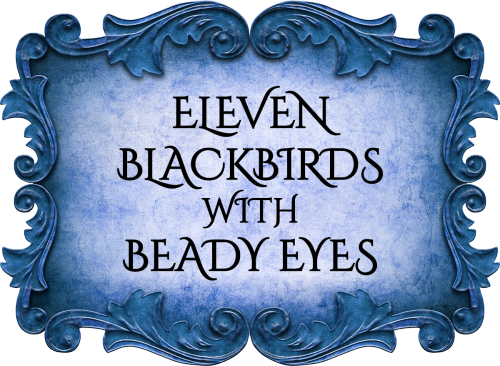
ELEVEN BLACKBIRDS RESTED UPON A TREE BRANCH FLOATING IN A DARK LAKE.
They could see other birds swimming deep in the water around them but were each afraid themselves to give it a try. What a dark world it was! And it rippled besides.
A crone bird with wizened eyes arrived to sit upon the branch alongside the blackbirds.
“May I tip you over?” the crone bird asked.
She asked so gently and with such compassion—otherwise the eleven blackbirds would have paid her no mind. As it was, each blackbird considered her offer. And yet, there came an awkward silence.
The crone bird could see how anxious the blackbirds were. She explained how it would go. “At first you will be frightened,” she admitted. “But then you will be amazed.”
One by one, each blackbird closed her beady eyes and nodded her permission to be tipped over. One by one, each felt the sudden push of the crone bird’s wing. And it felt like falling.
Eleven blackbirds flapped their wings in terror. When they opened wide their eyes, they did not understand. Their confusion felt like fear. Gone was the dark water of the lake. There were hills and trees. Not only that. Their wings rippled not with water, but with wind!
How amazed they were at this new earth and heaven.
Where they had already and always been.
Eleven blackbirds had never rested upon a floating branch, do you see? All along they had sat upon a living tree branch in the sky, looking down upon a lake. There they saw a mirror image of themselves, distorted by the rippling of dark water. And they believed what they did see. I hope you understand. There were never swimming birds, merely the reflection of flying ones.
But you can see how it was an easy mistake to make.
That is the end of our story of blackbirds. Only us people here! Have a crumpet and a sip of warm milk, for then it’s off to bed you go.
Unless, of course, you are ready for a new story…
At first you will be frightened. Then you will be amazed. This story begins with a question. Please notice how gently and with such compassion I ask for your permission:
May I tip you over?

Depending on how deep you want to go down this rabbit hole: Is the world even what you think it is? Could it be more than it appears?
And what of you…
May I tip you over? I hope you subscribe to CRONE TALES.
-
The Daughter with Fluttering Wings, a fairy tale for enlightenment
-
The Seaweed on the Pillow, a fairy tale for enlightenment


